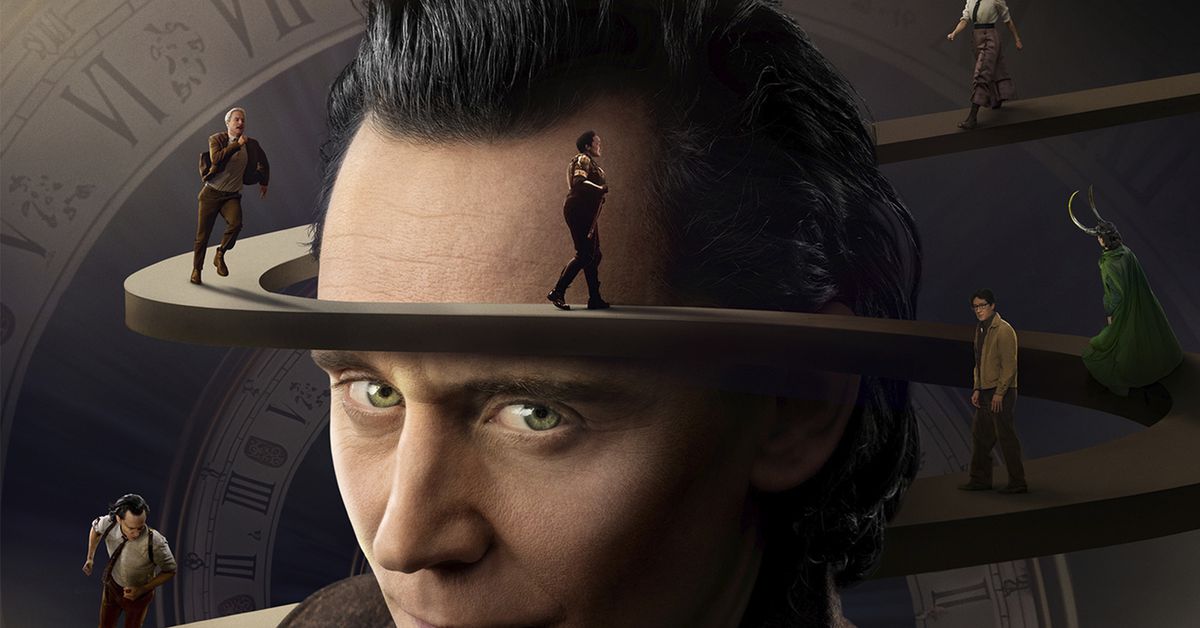Disney’s Loki faces backlash over reported use of generative AI / A Loki season 2 poster has been linked to a stock image on Shutterstock that seemingly breaks the platform’s licensing rules regard…::A promotional poster for the second season of Loki on Disney Plus has sparked controversy amongst professional designers following claims that it was created using generative AI.



AI collides with Copyright. The 2 systems don’t work together at all.
Because if an image is generated, who “owns” it?
It just doesn’t work. And AI is here to stay. So the only possible solution I see is that we revise the entire copyright system.
Which is long overdue anyway. Disney has gotten away with too much already.
If we apply the current ruling of the US Copyright Office then the prompt writer cannot copyright if AI is the majority of the final product. AI itself is software and ineligible for copyright; we can debate sentience when we get there. The researchers are also out as they simply produce the tool–unless you’re keen on giving companies like Canon and Adobe spontaneous ownership of the media their equipment and software has created.
As for the artists the AI output is based upon, we already have legal precedent for this situation. Sampling has been a common aspect of the music industry for decades now. Whenever an musician samples work from others they are required to get a license and pay royalties, by an agreed percentage/amount based on performance metrics. Photographers and film makers are also required to have releases (rights of a person’s image, the likeness of a building) and also pay royalties. Actors are also entitled to royalties by licensing out their likeness. This has been the framework that allowed artists to continue benefiting from their contributions as companies min-maxed markets.
Hence Shutterstock’s terms for copyright on AI images is both building upon legal precedent, and could be the first step in getting AI work copyright protection: obtaining the rights to legally use the dataset. The second would be determining how to pay out royalties based on how the AI called and used images from the dataset. The system isn’t broken by any means, its the public’s misunderstanding of the system that makes the situation confusing.